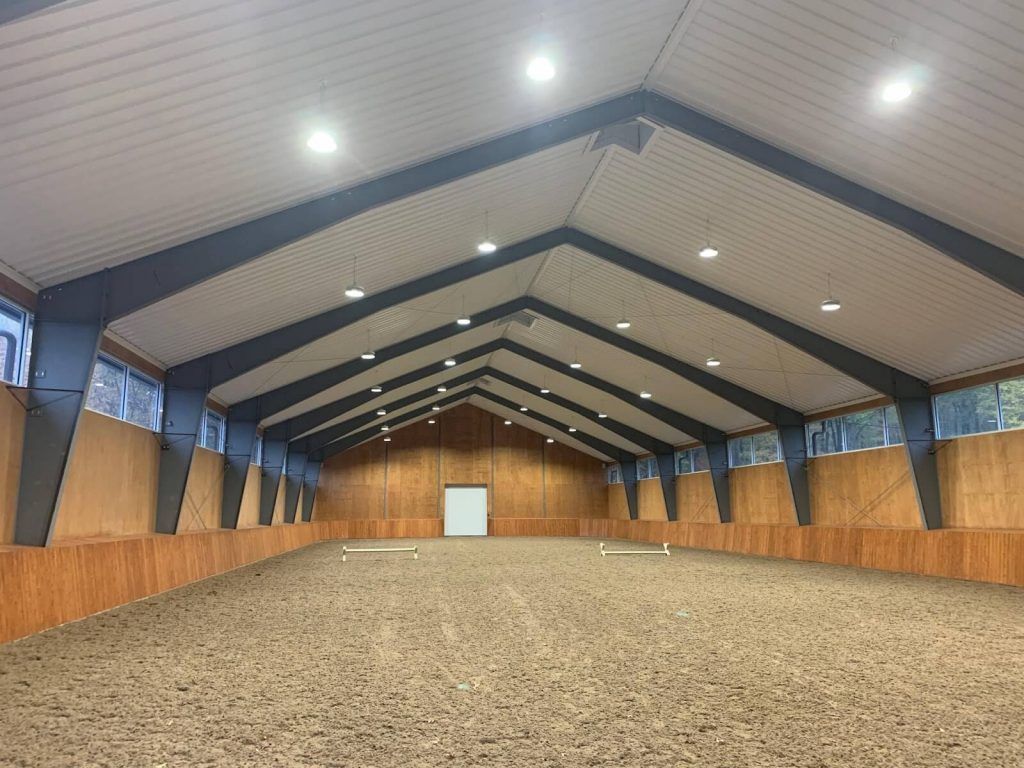Looking for a radiator, but not sure what material will best suit your needs? There is a wide range of materials on the market to choose from, and this can make the decision difficult. Finding a radiator that works best for you and your home could save you money in the long run.
Read this short article to learn more about the conductive material of radiators before purchasing one that works best for you.
Aluminium
The latest material to emerge, which is quickly gaining momentum as the most popular choice, is aluminium. Many people would argue that aluminium is the best material for a radiator.
Aluminium is the best conductor. It has the highest BTU (British Thermal Unit) of all of the following materials, which means that you will never have to worry about your radiator being cold. It will also change temperature much faster than its competitors – for heating up and cooling down.
However, it is important to consider the cost and this is indeed one of the most expensive materials that will be discussed. If this isn’t a huge issue for you, then aluminium is the one for you.
Stainless Steel
Another great option of the materials available at specialist retailers like Trade Radiators, is stainless steel. Stainless steel looks great and can be moulded into a variety of shapes for statement pieces.
Not only is this an excellent option for those concerned with aesthetics, but also durability and heat conductivity. Built to last, stainless steel radiators are less prone to rusting than others and this premium metal will stay warm for hours after being switched off.
Despite its typically longer warranty and solid structure, stainless steel is costly. It is also more difficult to regulate room temperature, due to its ability to hold heat for long periods.
Cast Iron
The strongest material to be discussed is cast iron – it’s also what some of the first radiators were made from. For this reason, many people favour cast iron, due to its ability to maintain character – especially in period properties.
In addition to this, cast iron is a sturdy and durable material that is built to last. It also, similarly to stainless steel, can hold heat with ease. This material will ensure your radiator stays warm for hours on end even after being turned off, making it extremely cost-effective.
However, it is important to note that due to the weight of this material, installation may be more difficult and expensive. It also may take some time to heat up, so should be switched on in advance on cold nights.
Mild Steel
The most common and inexpensive material is mild steel. This is likely the material that you are most familiar with and probably have in your home.
For those looking for a comprehensive range of colours, shapes and sizes – this could be the one for you! Its malleability means that it is not likely you will find a more suitable material for this purpose.
One of the downsides of this material is that mild steel can be prone to rust. However, this can be prevented with proper care.
Over to you…
There is a wide range of radiator materials to choose from. Which one you go for heavily depends on the qualities that you value most, along with your budget.




